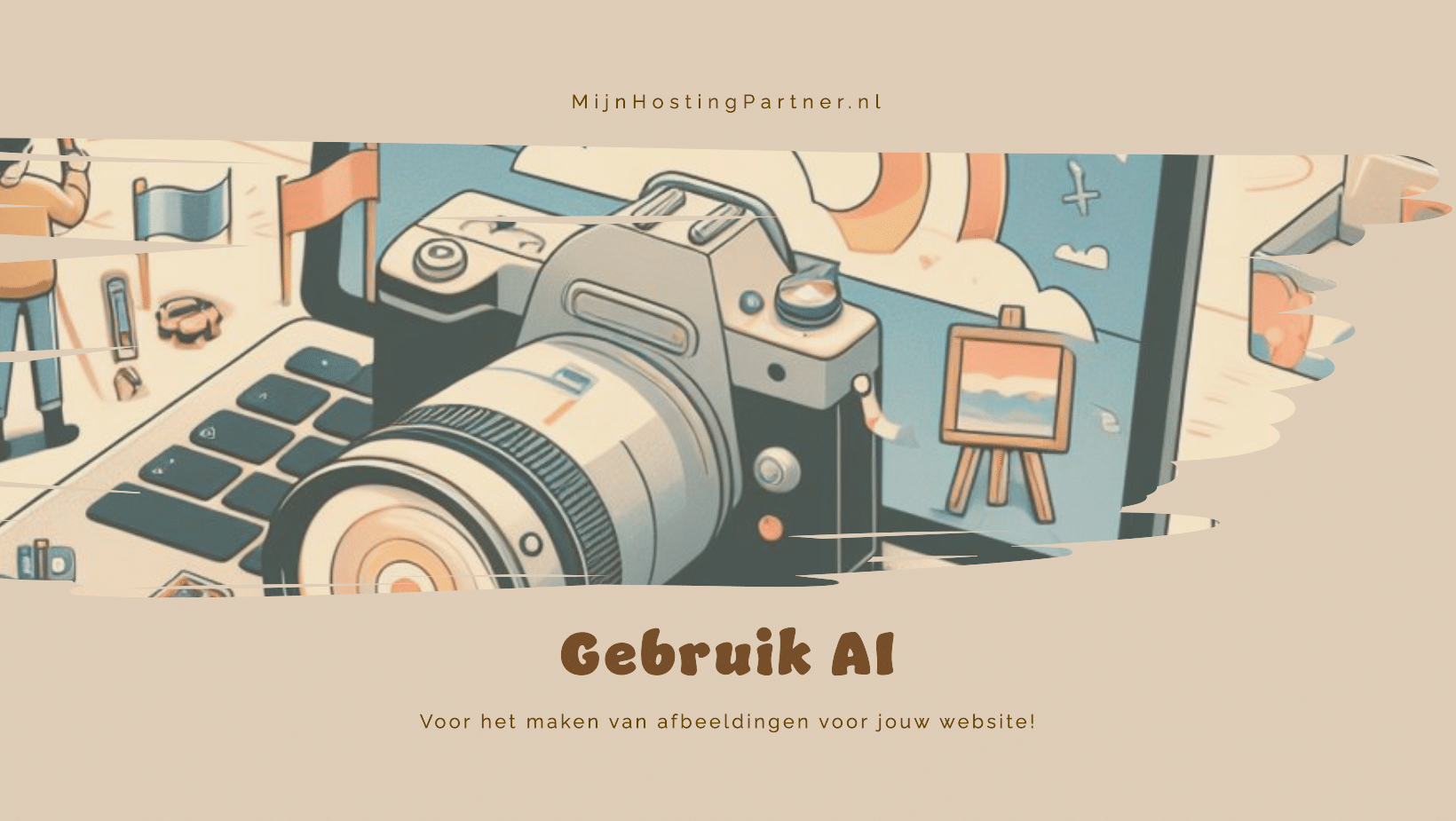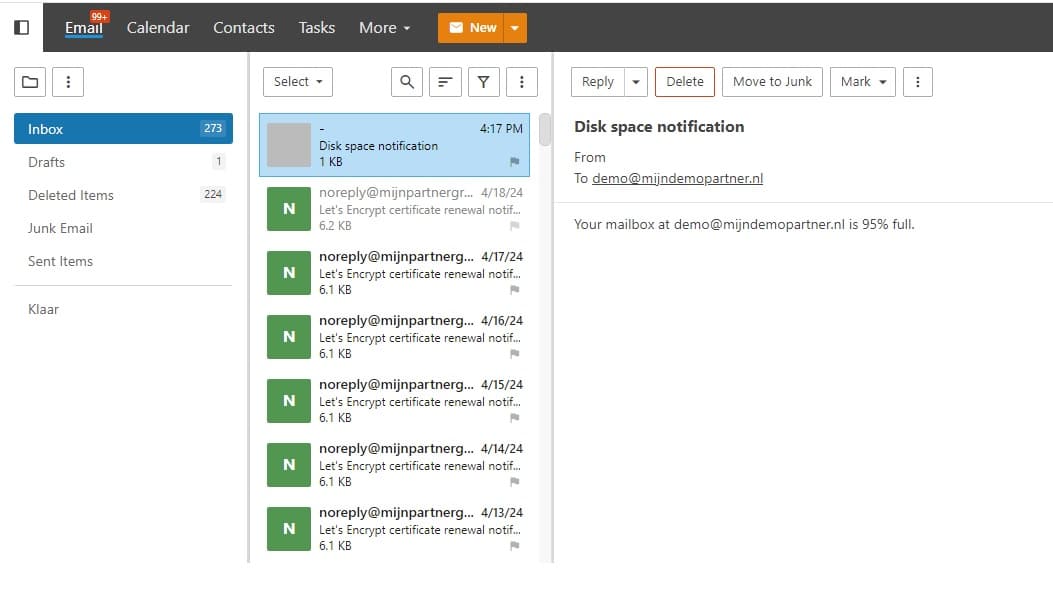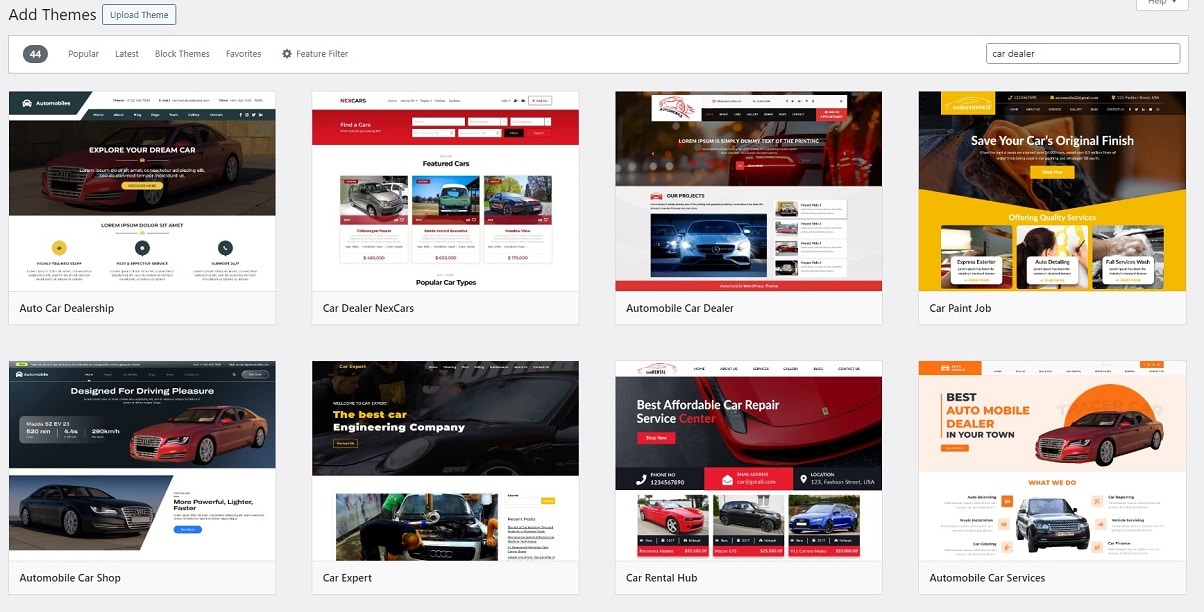Blog
Tags
Regardless of whether you want to go online as an entrepreneur share your passion as an amateur artist or present your portfolio as a professional a website is essential. The only question is whether you want to have the website created by a professional or whether you want to create it yourself. At MijnHostingPartner.nl we understand that this can be a difficult decision. That's why in this blog we discuss the pros and cons of both options with a special focus on WordPress Google Sites and an
If you want to redesign your website without taking your current website offline creating a new WordPress website on a subdomain is a great solution. In this article we explain how you can do this and the benefits of this approach. What is a subdomain? A subdomain is a separate section of your main domain such as new.yourwebsite.co.uk and functions as its own isolated website. This makes it ideal for developing and testing a new version of your website.The main benefits are: Isolation:You can work
That Artificial Intelligence is on a fast train will no longer be news to most users AI is a tool that can be used for a lot of different work in the world of Online Marketing and Website Administrators. In this blog post let's take a look at how you can use AI to create images for your website and then use them in your website. In your Email Newsletters and on Social Media. Images are an integral part of any website they are needed to support a point provide a break from a piece of text and hold
If your mailbox is full it's important to act quickly so that you don't miss any important emails. A full mailbox can lead to incoming messages being rejected and you missing important messages. At MijnHostingPartner.com we know how frustrating this can be and we can help you manage your mailbox. How much storage space do you have available in your e-mail address? The storage space you have available for your e-mail address depends on the e-mail hosting or regular hosting package you have chosen
A FAQ page is an essential part of any website. It provides visitors with answers to frequently asked questions and helps them to find the information they need quickly. Find the information they need. A well-designed FAQ page can improve user experience increase customer satisfaction and even increase conversion rates. In this blog post we'll discuss how to create an create an effective FAQ page for your website and how to and how to maintain it to keep it up to date. Identify frequently asked
As an event planner you often start out as a self-employed entrepreneur with a lot coming your way and many things require a nice investment to make them happen. Creating a website can be one of those investments that you would rather avoid. At MijnHostingPartner.nl you can easily create a website yourself using modern tools such as WordPress and set it up in an afternoon. This way you save on the costs of a website designer and you can design the website to your own liking. In this blog post we'll
A professional website can make a world of difference for bicycle stores. With a well-designed website they can present their assortment display their standard price list and provide other relevant information. A website can provide a focal point for both existing customers and potential new customers. In addition it offers the opportunity to advertise over the Internet. Let's look at all the benefits of a website for a bicycle store and how you can easily create one yourself using modern tools.
As with any business or company a website can make a big difference. While bakeries can become known locally through word of mouth it's more effective to put yourself on the map with a website and a Google Maps listing. In this blog post we look at how you can easily set this up yourself and make the most of it. Create your own website with WordPress Creating a website yourself is no longer a difficult task these days with all the modern tools at your disposal. With tools like WordPress and many
As a start-up or existing garage owner you may see the website as secondary but a website can make a big difference to the visibility of your garage and literally put you on the map in Google Maps and the Google search engine. Thanks to software like WordPress creating a website yourself is no longer a big challenge these days. In this blog post we'll look at how you can do it yourself. This will help you avoid the potentially high costs that a website entails. Let's go! Choosing a hosting package








